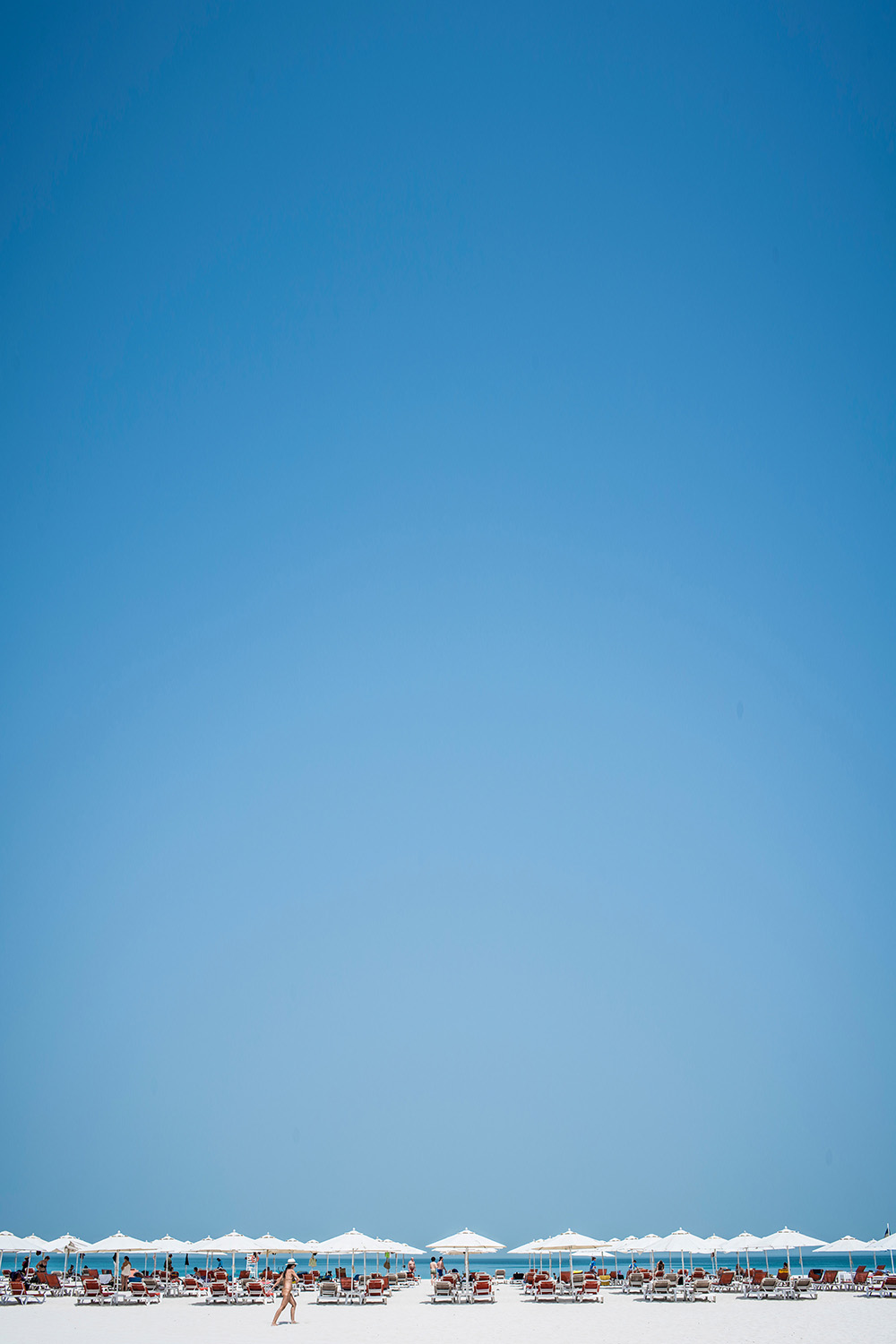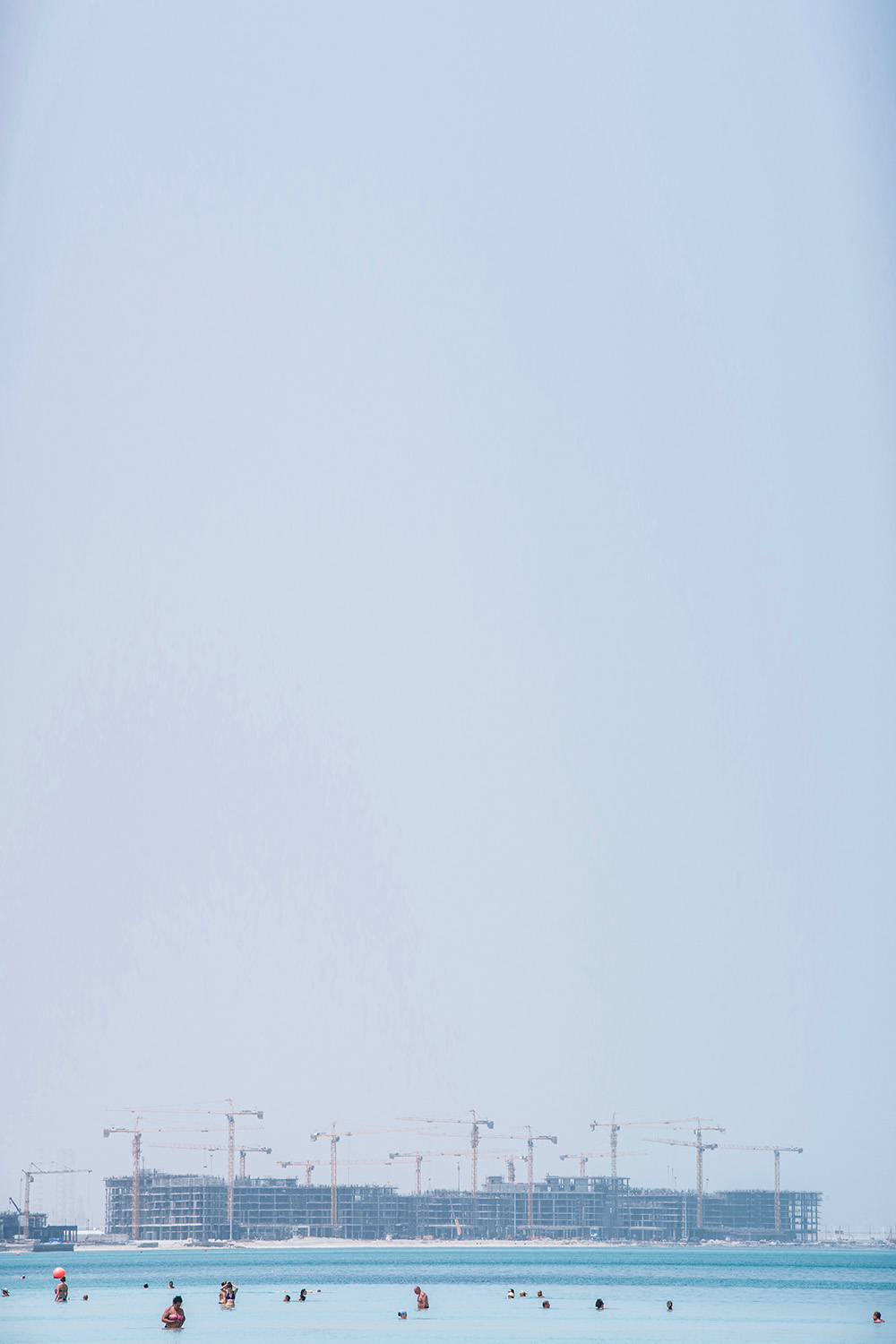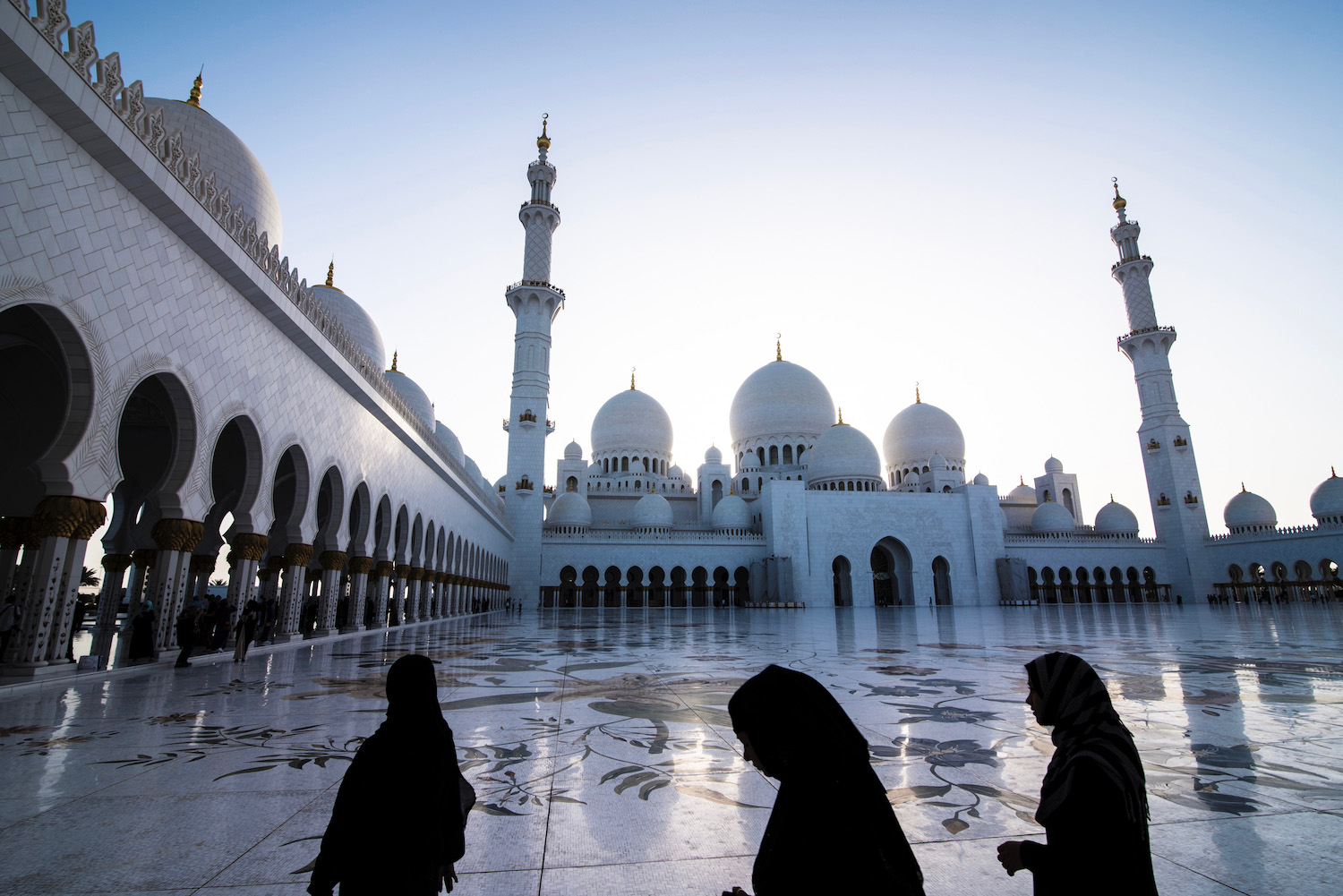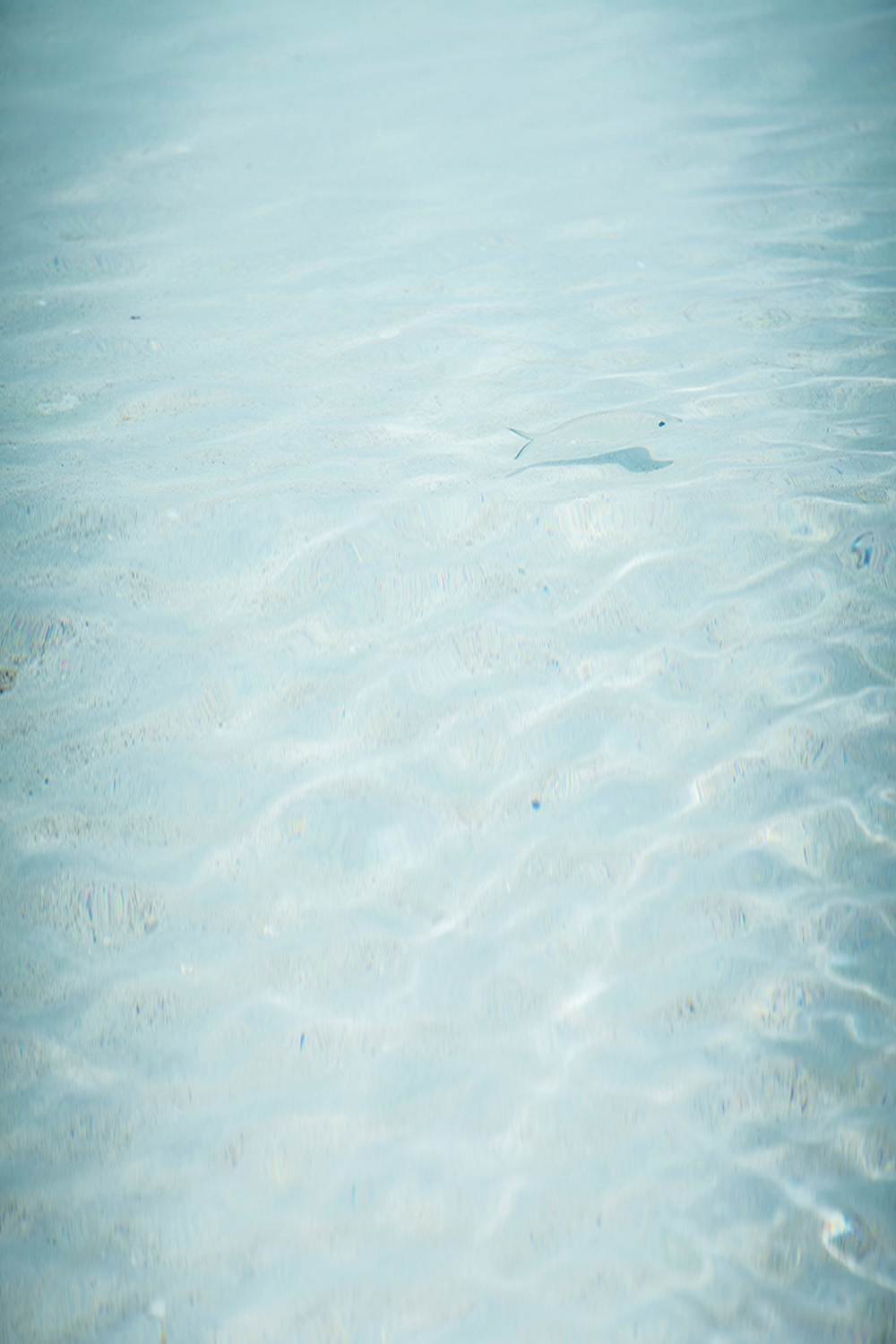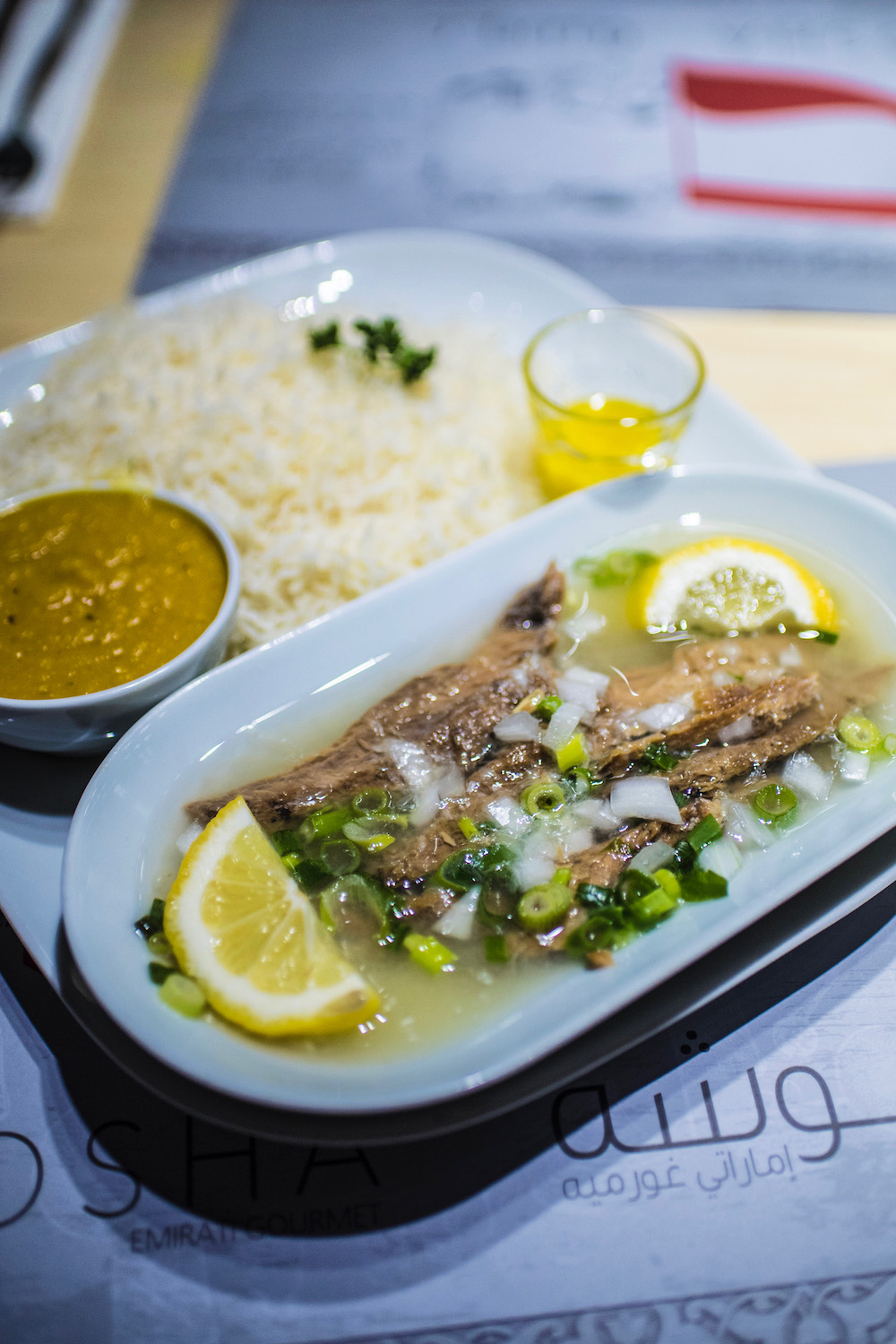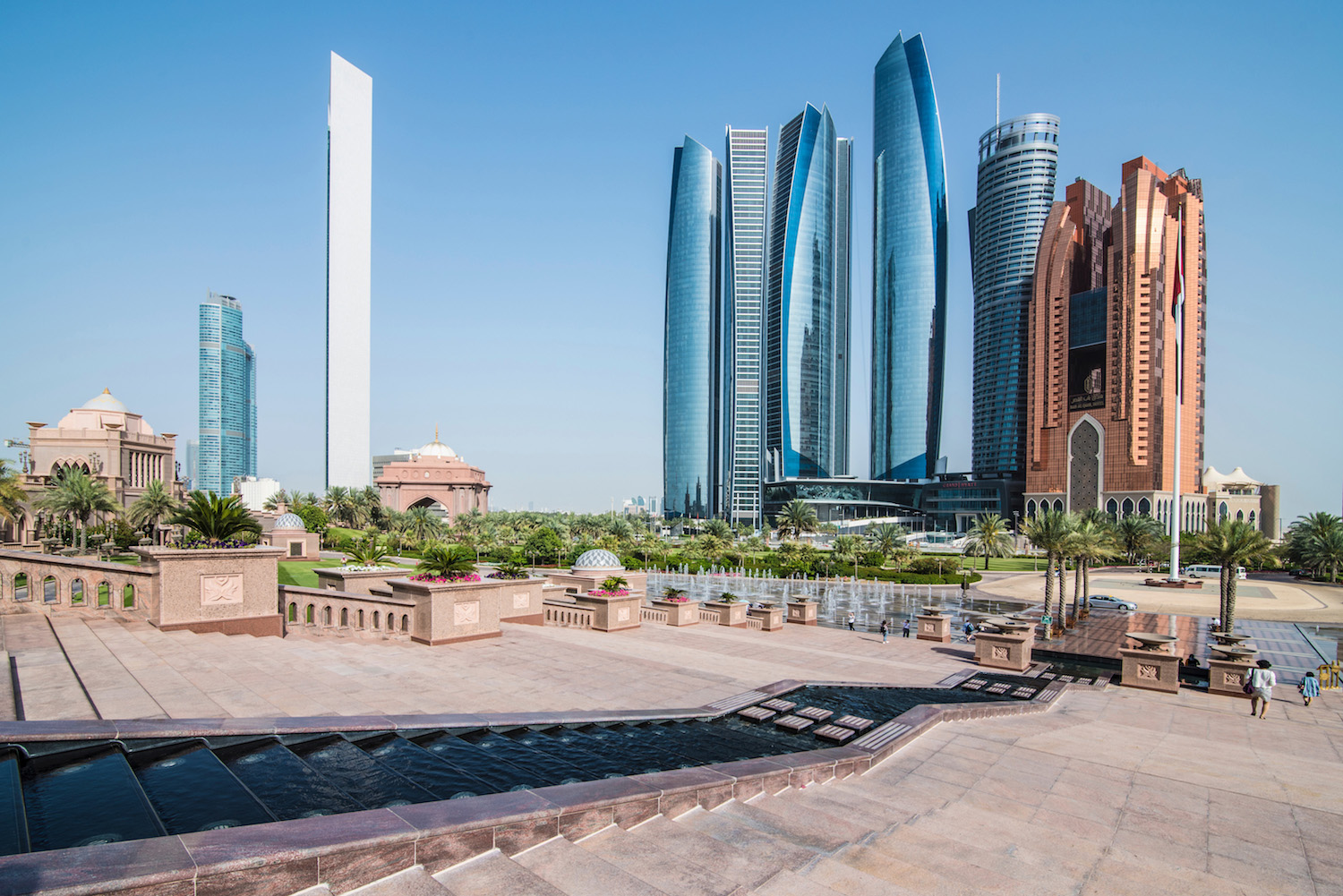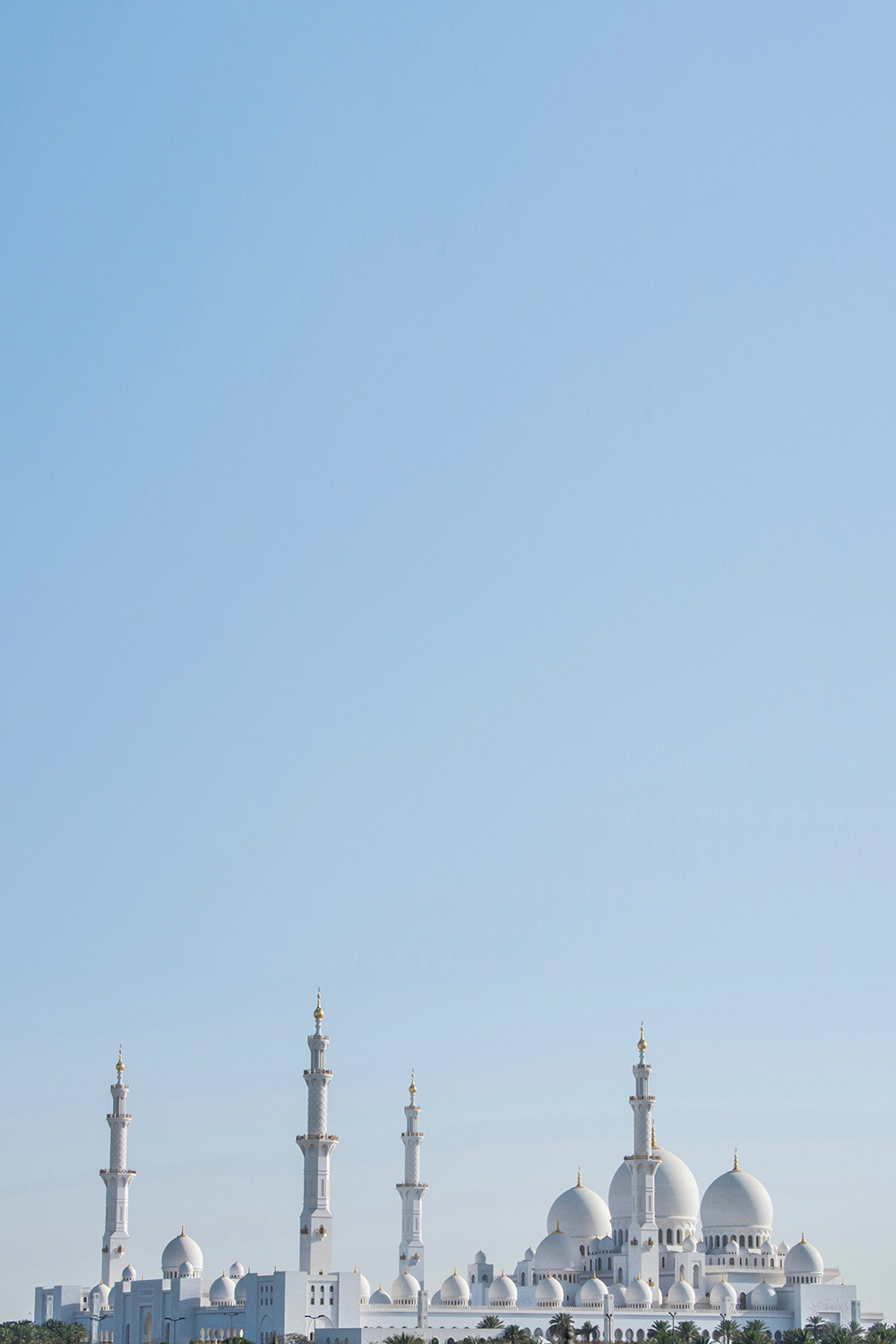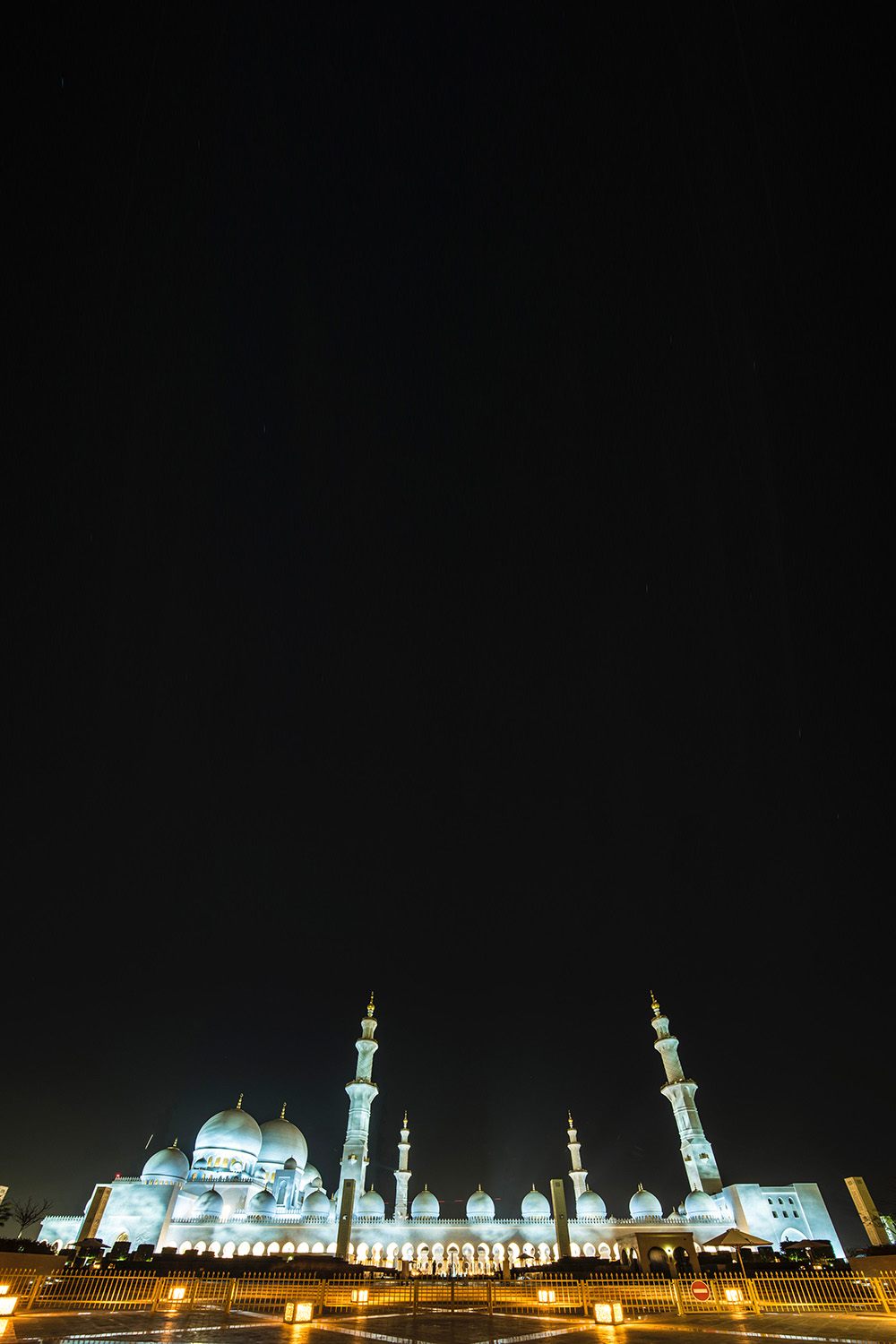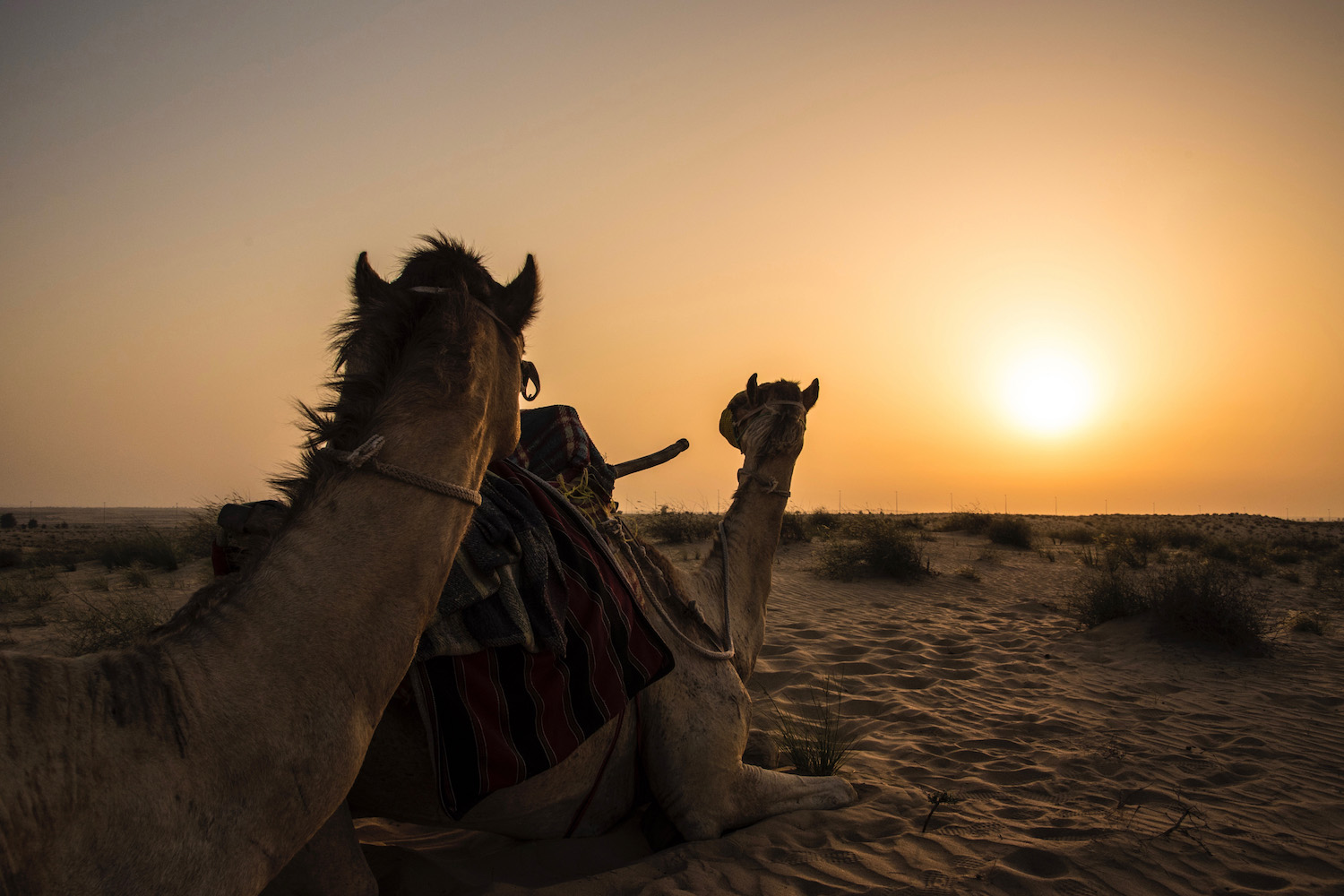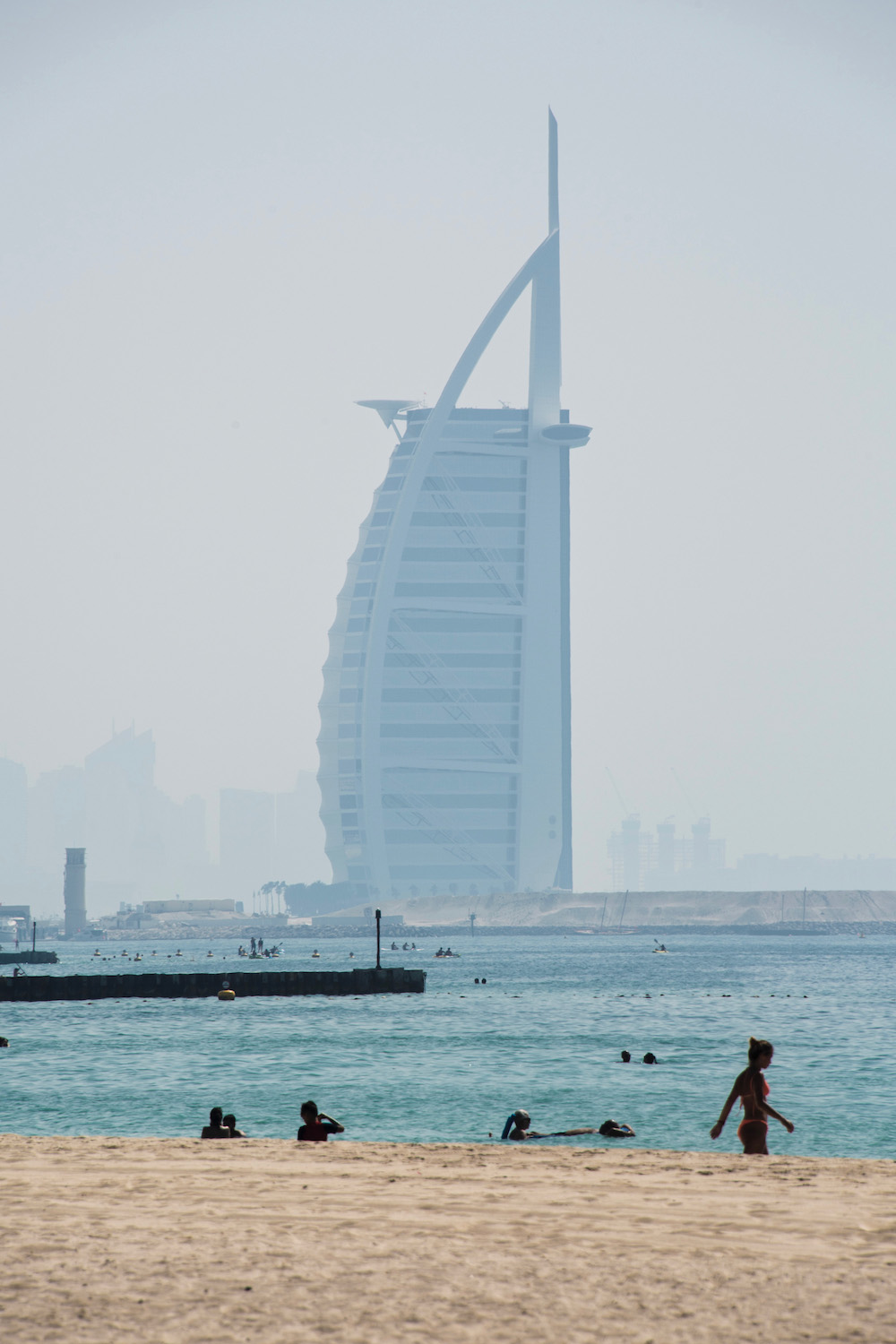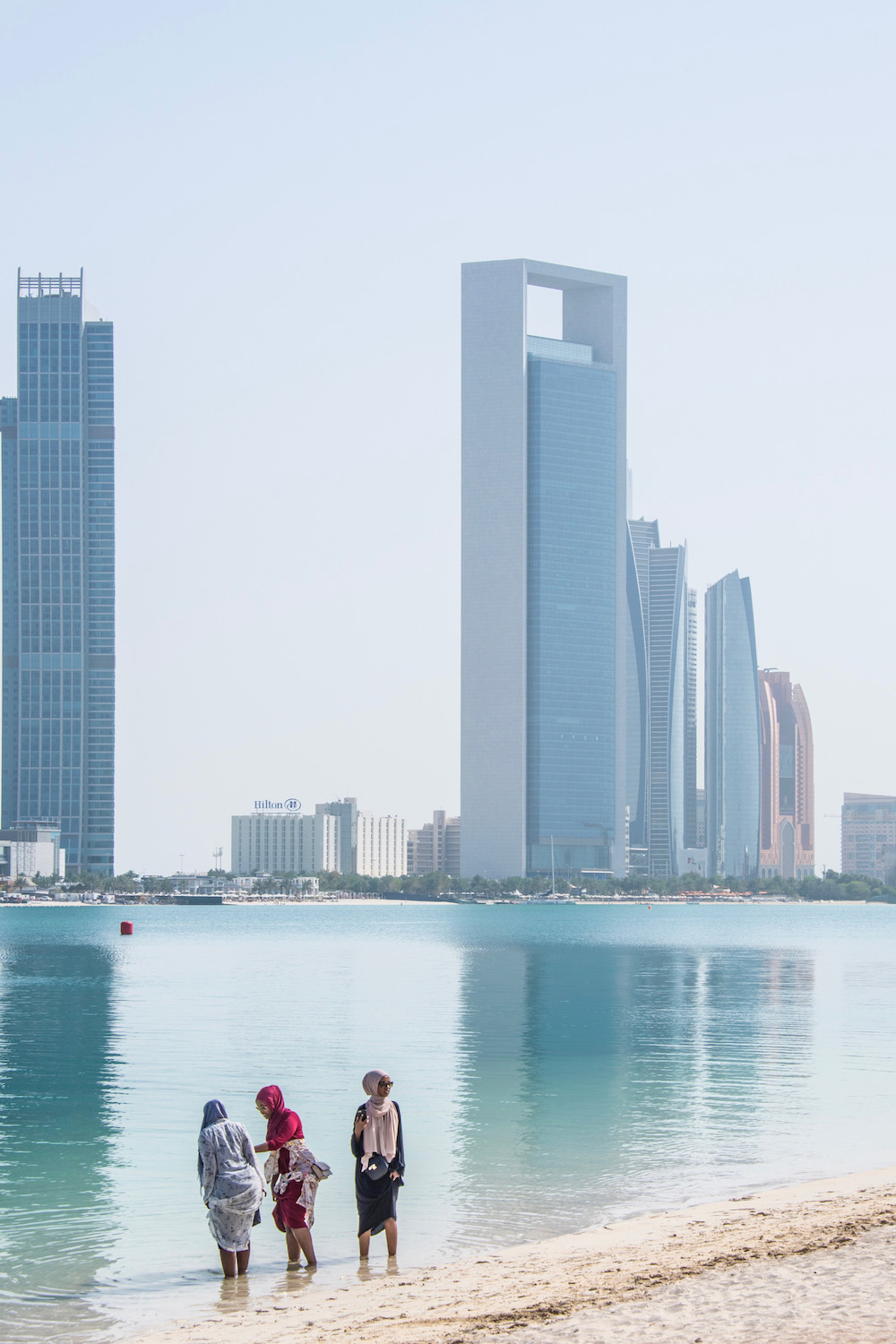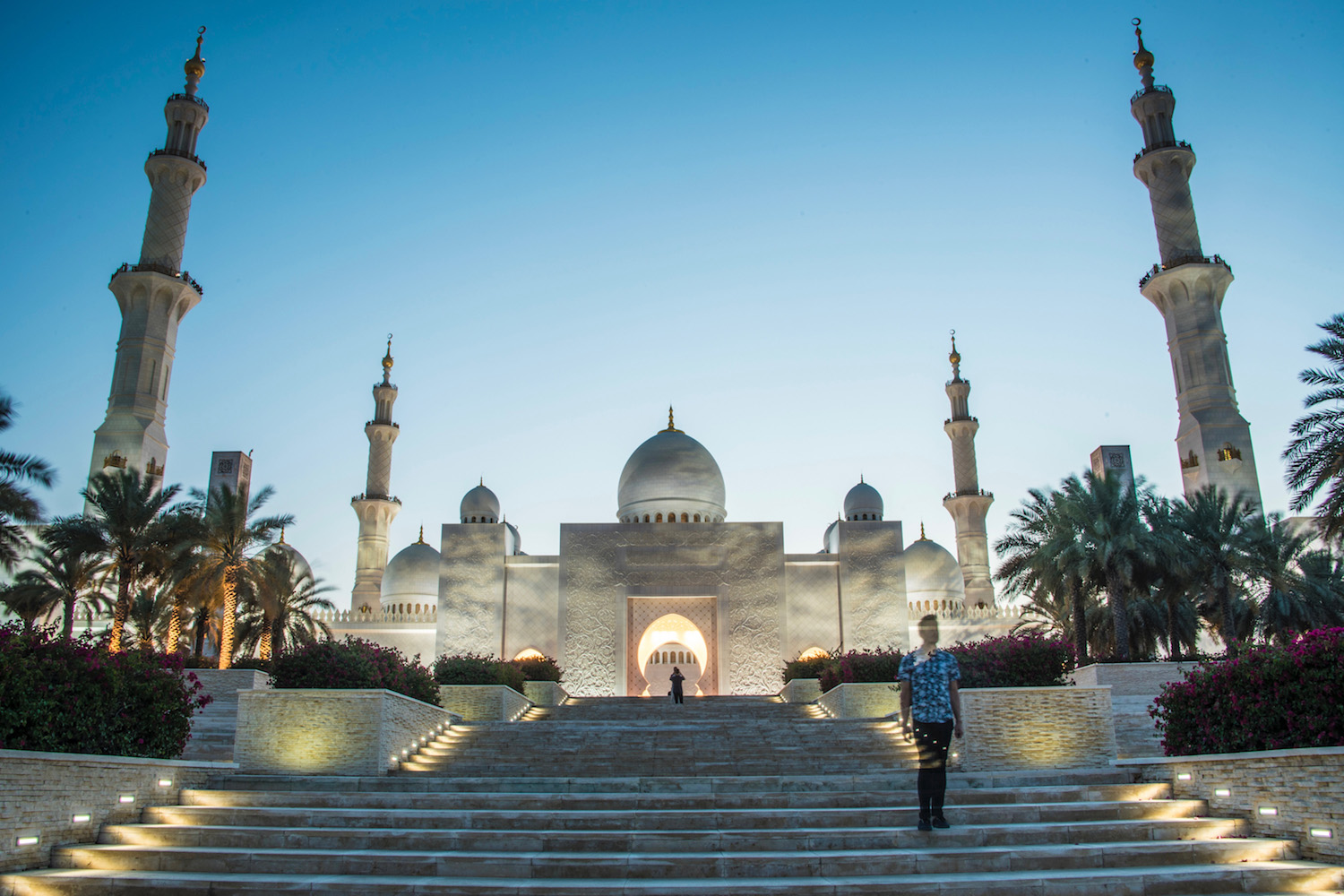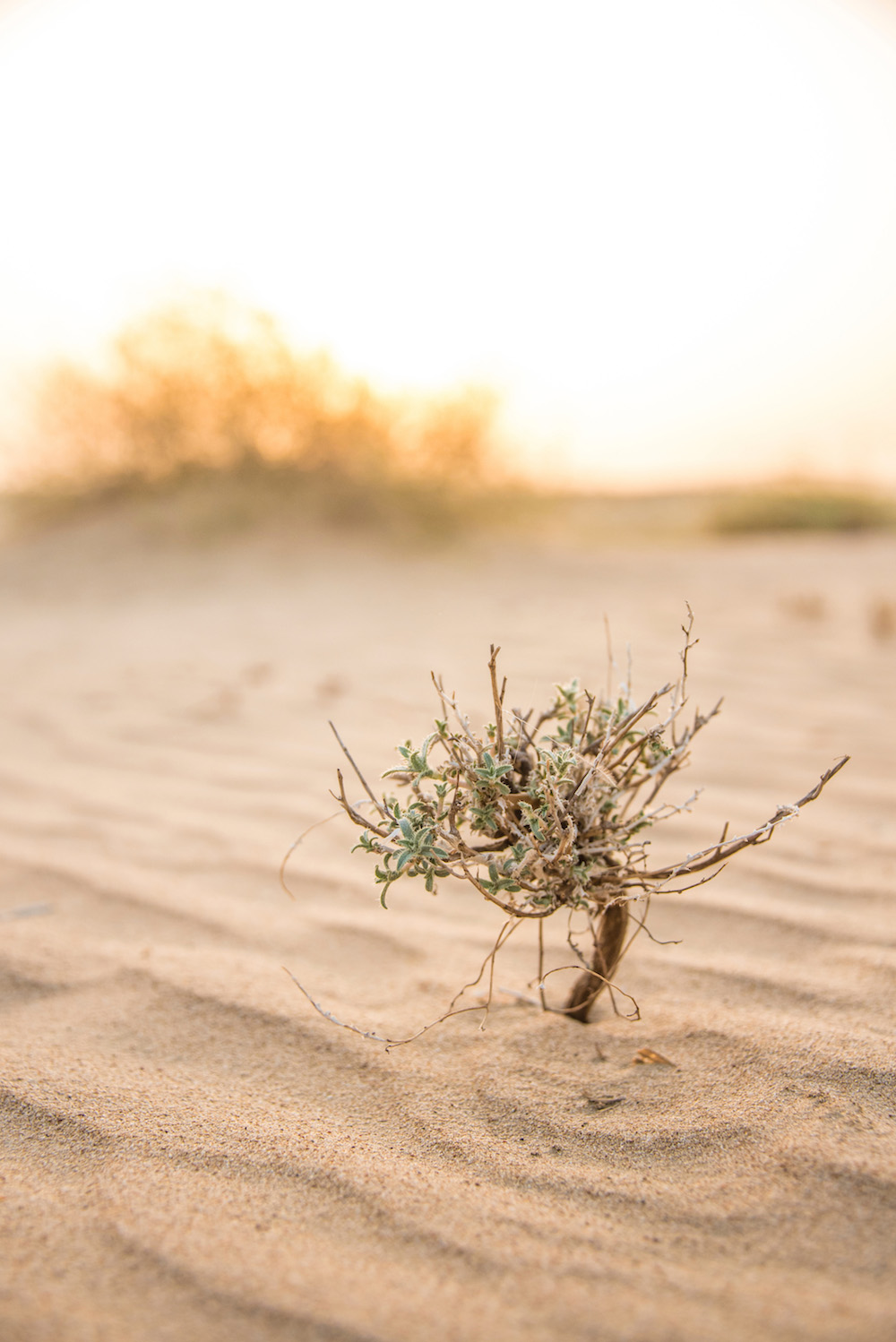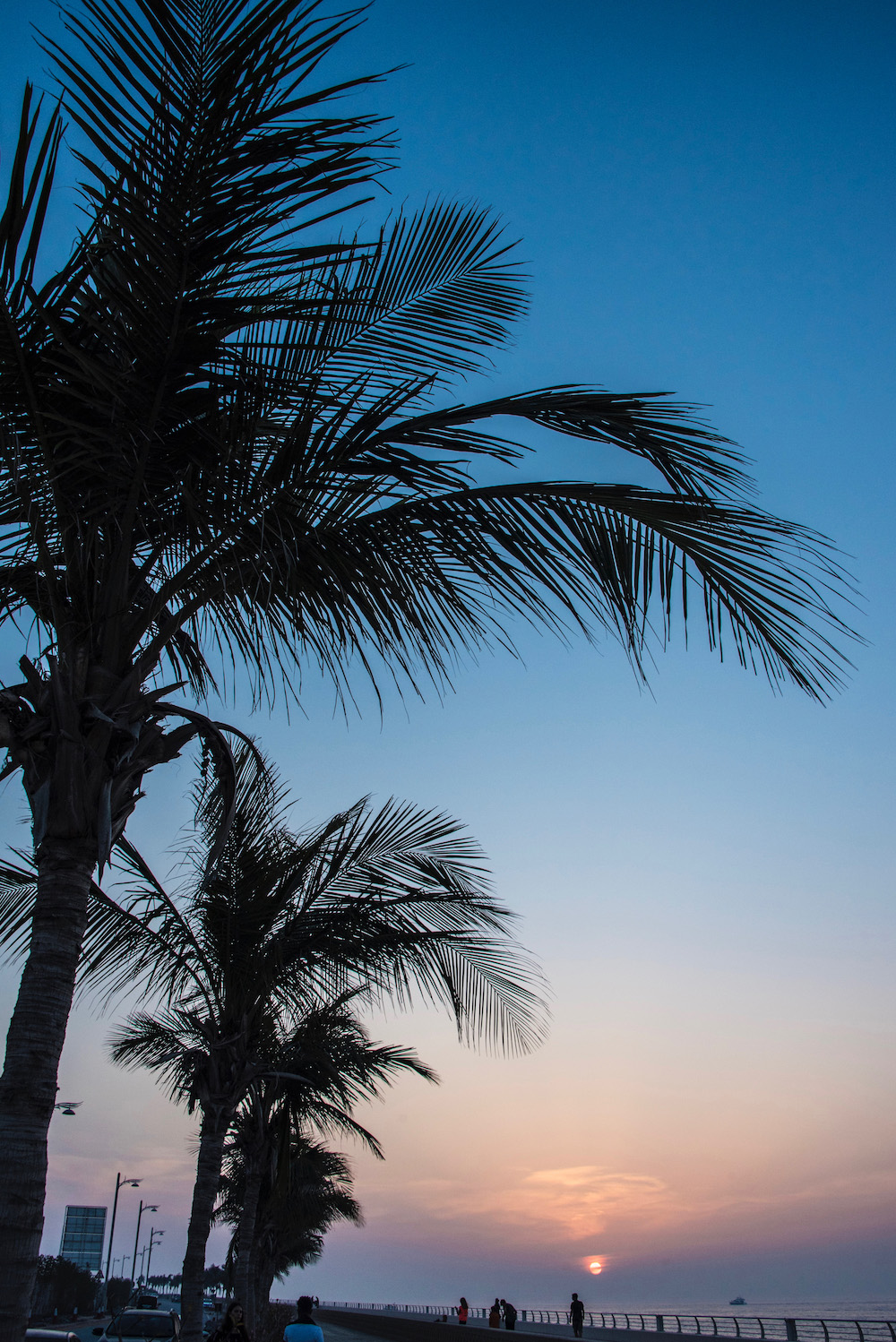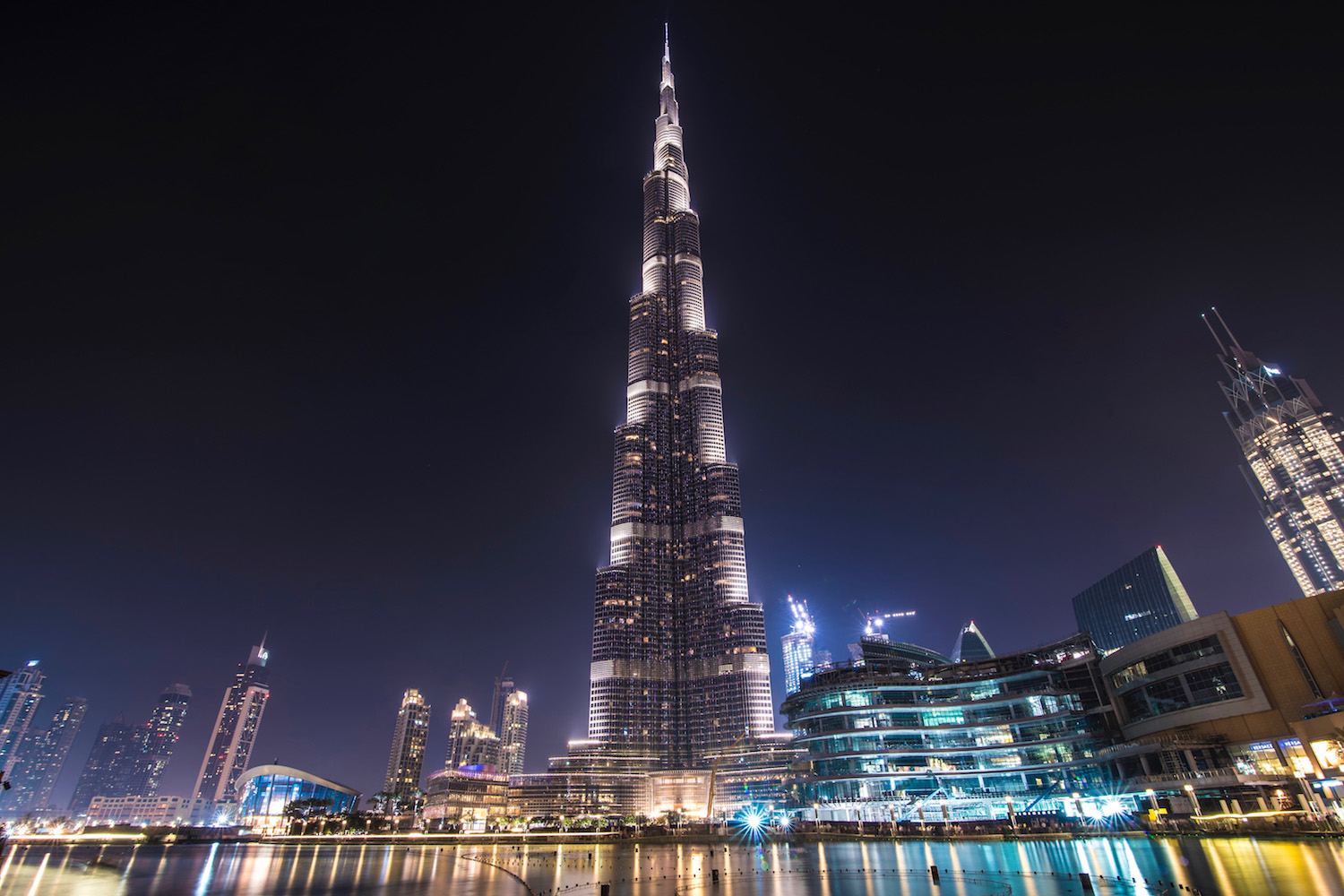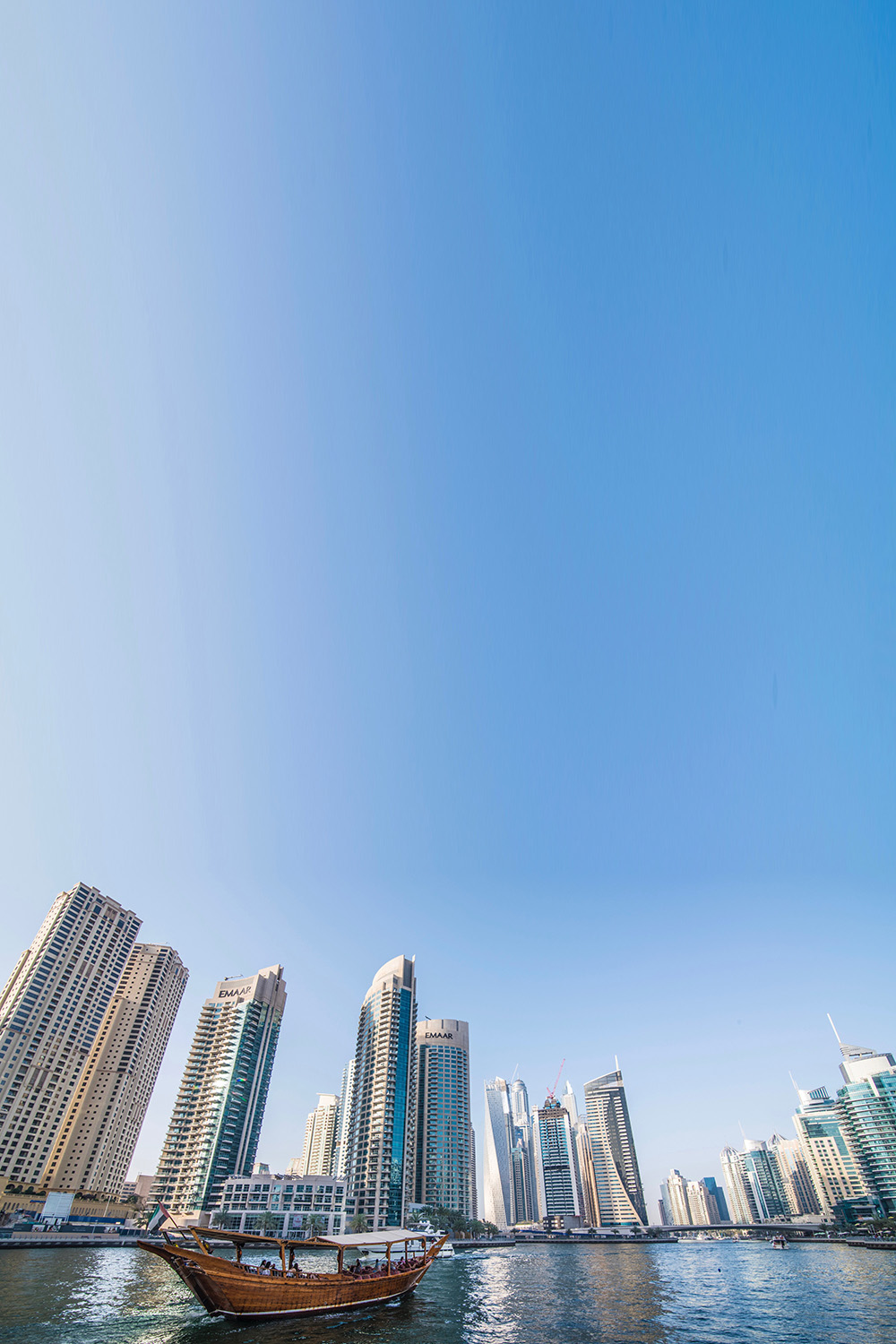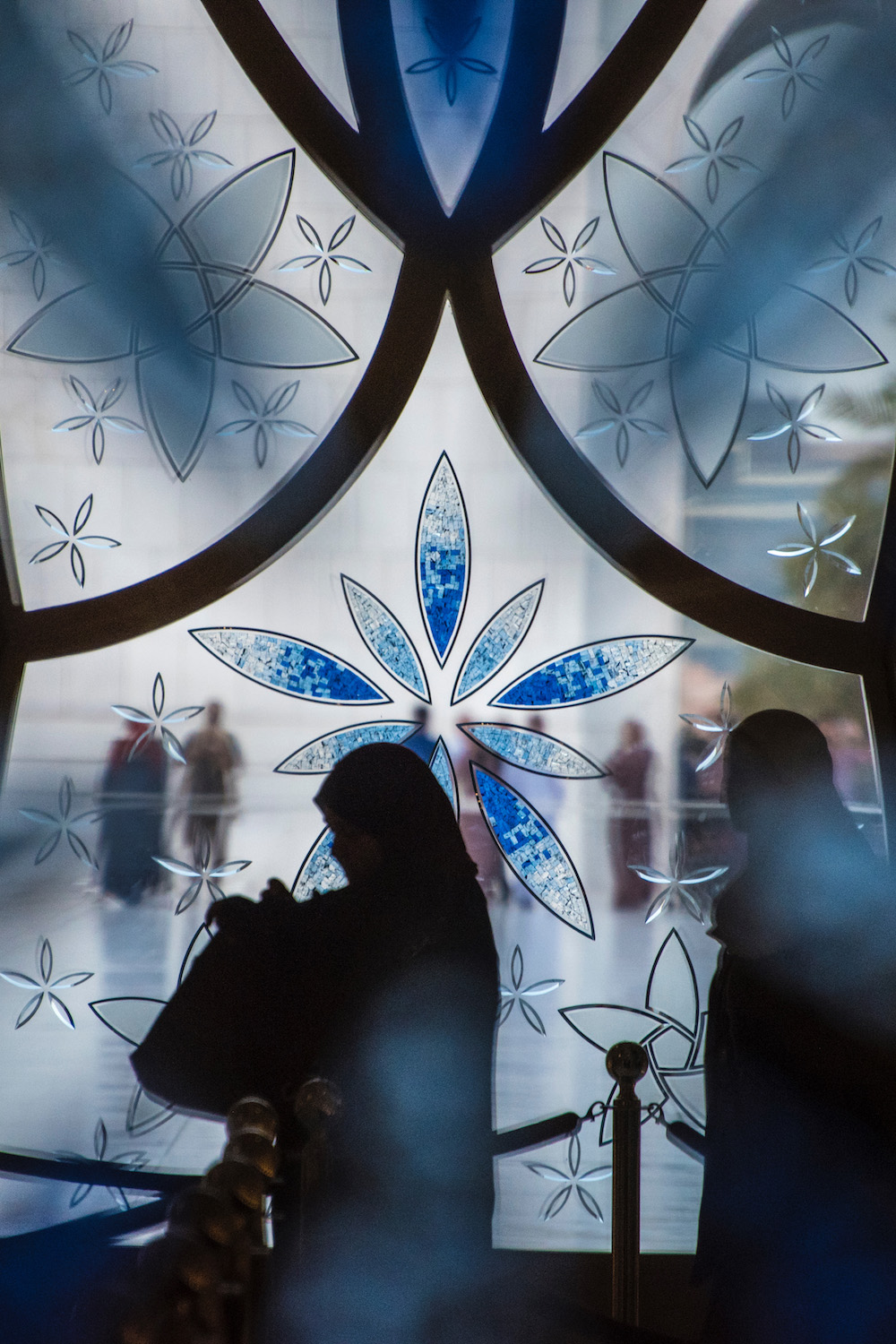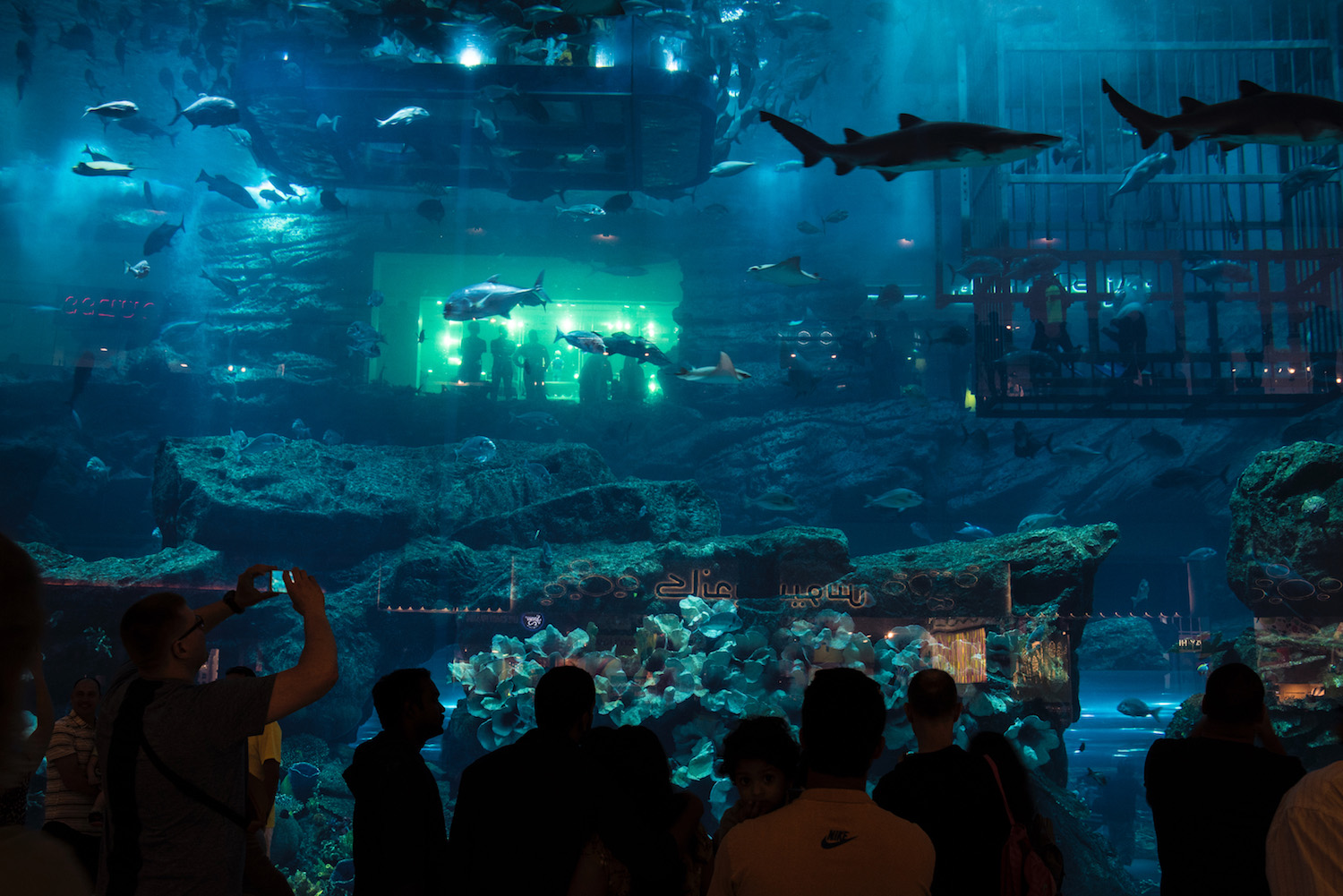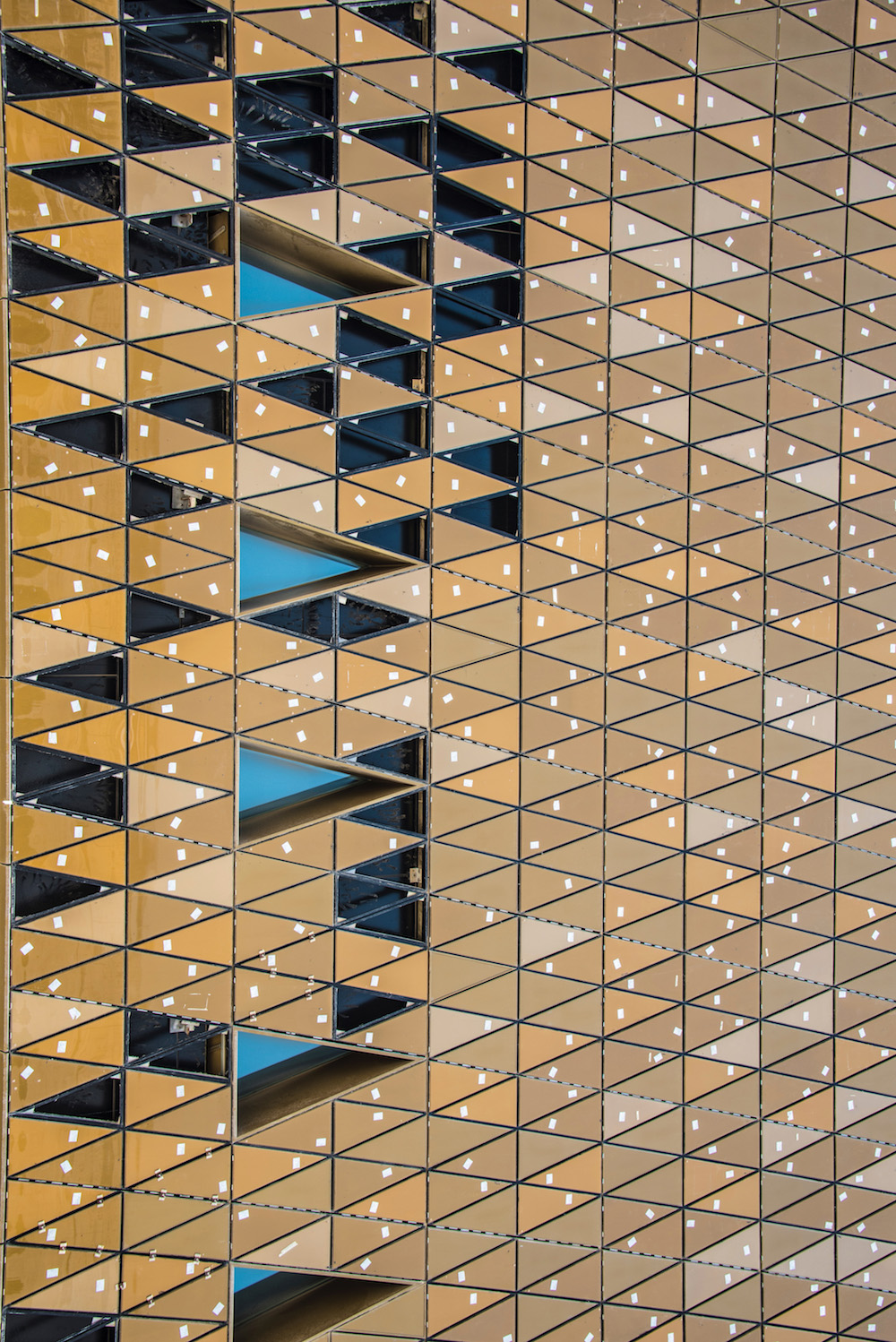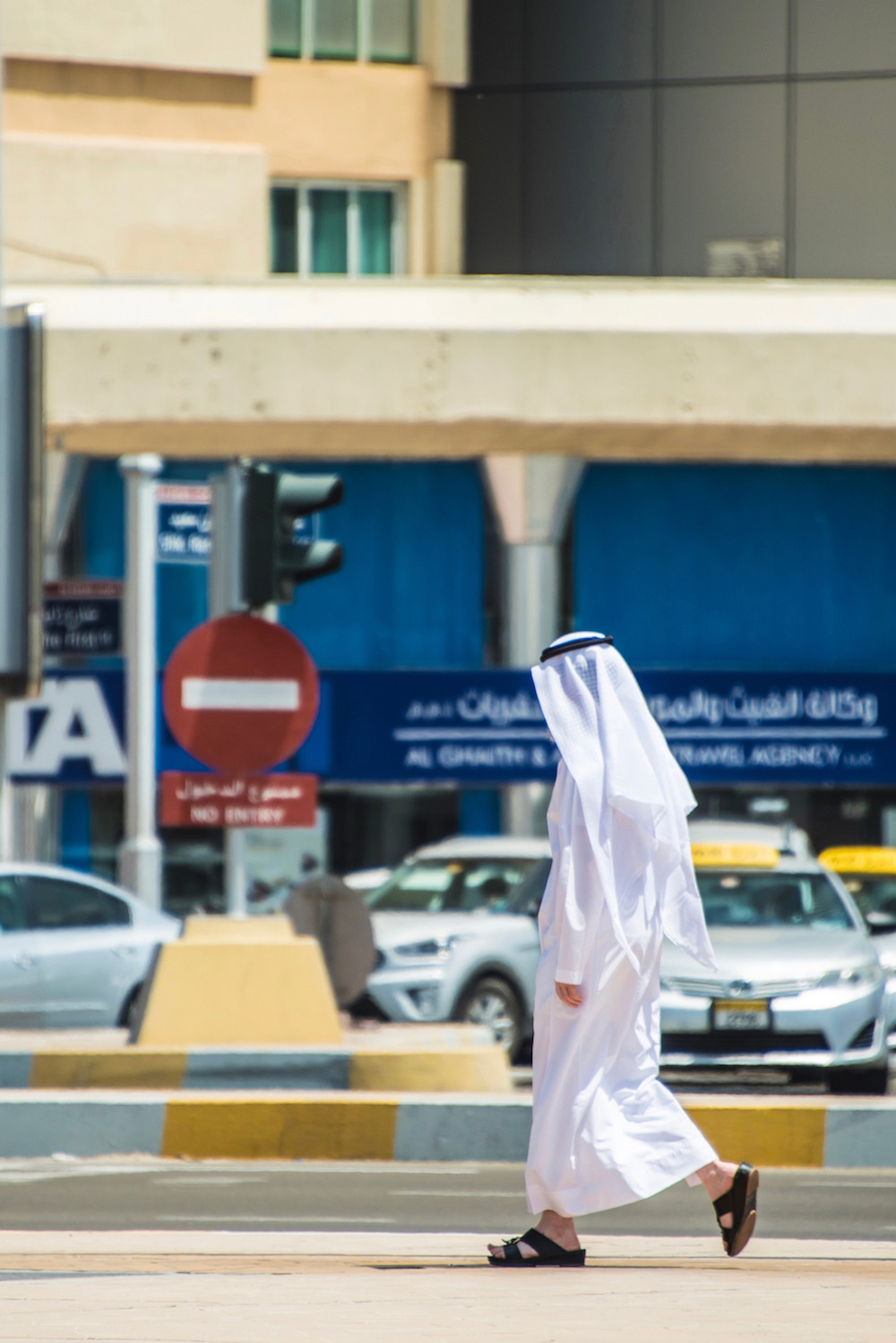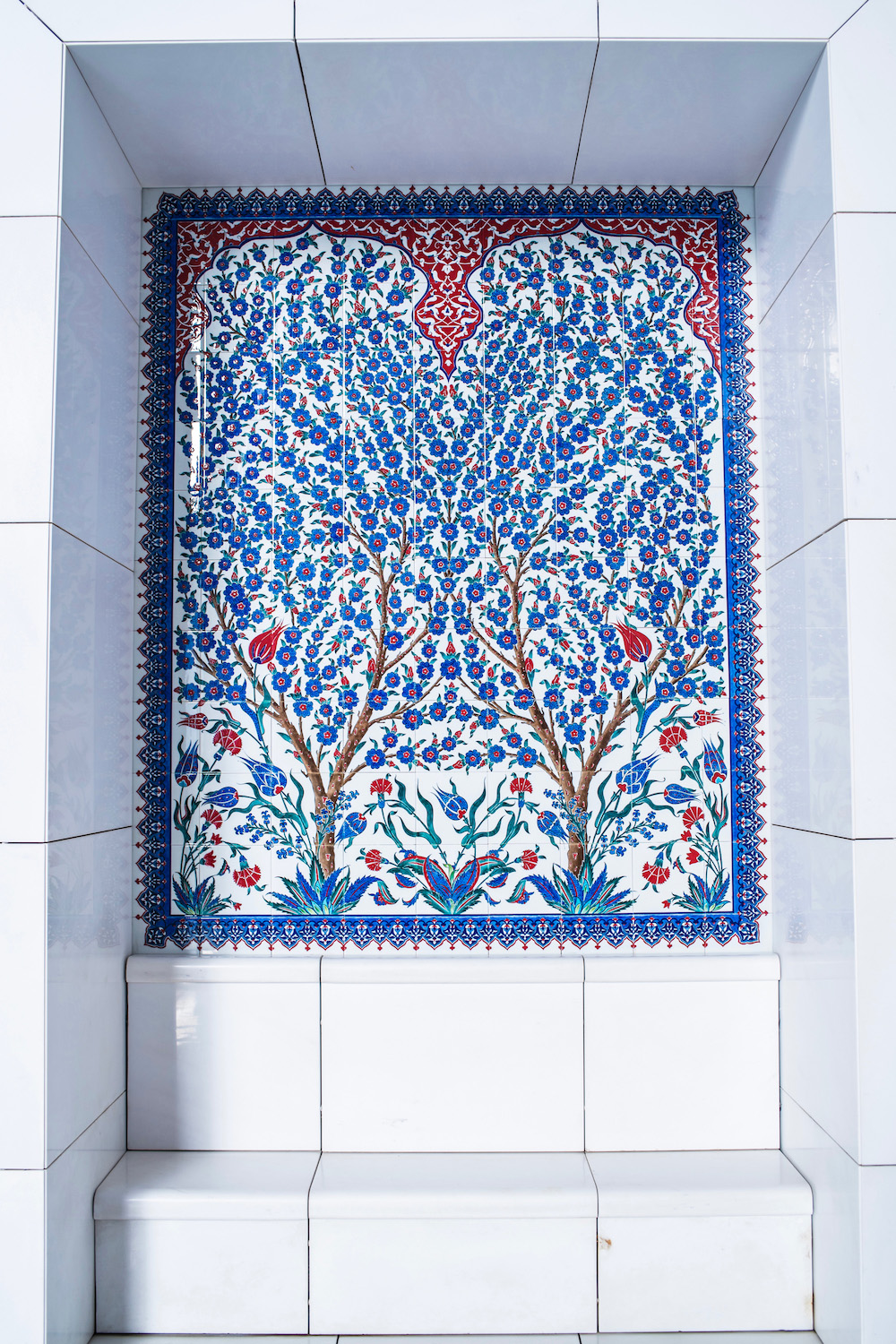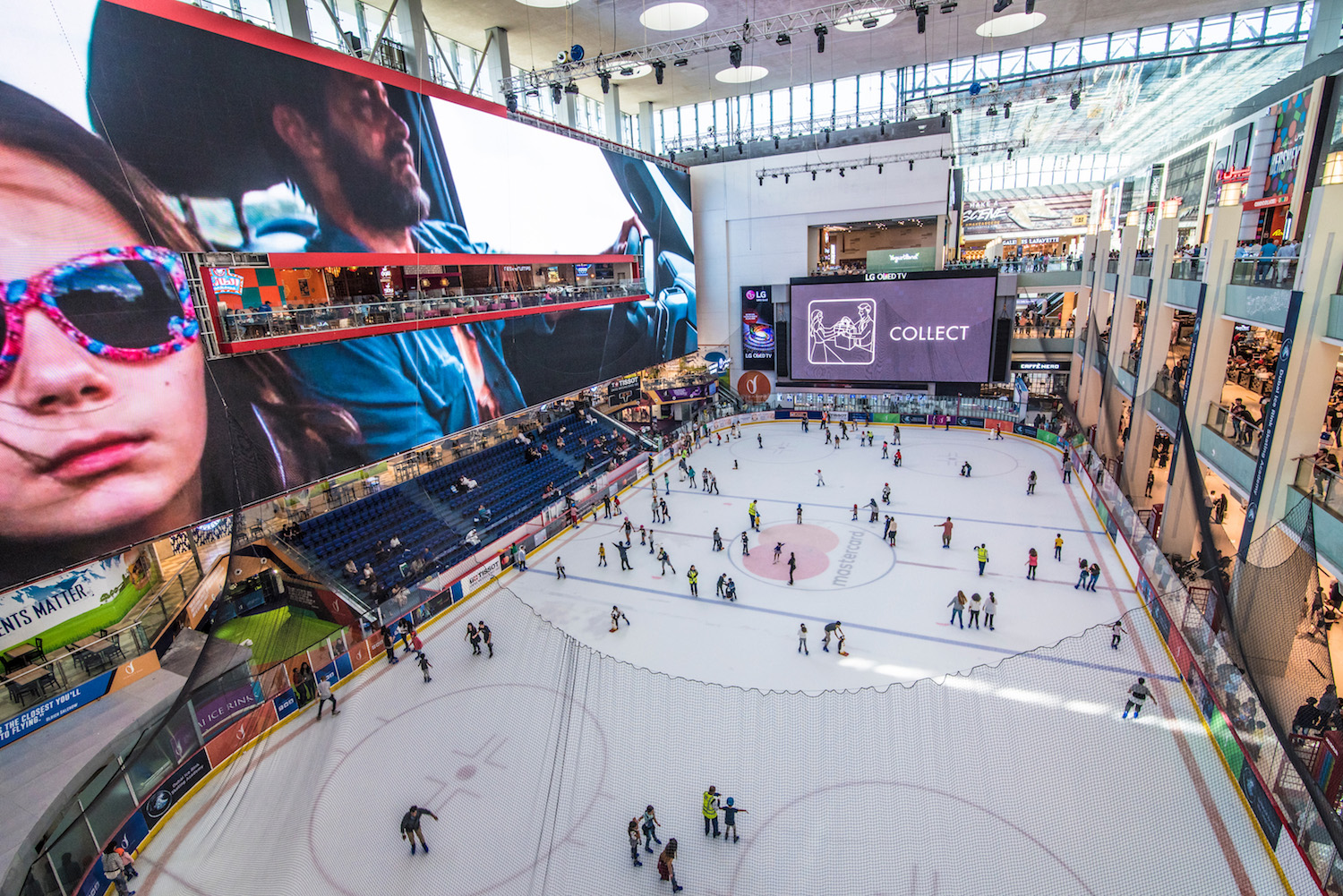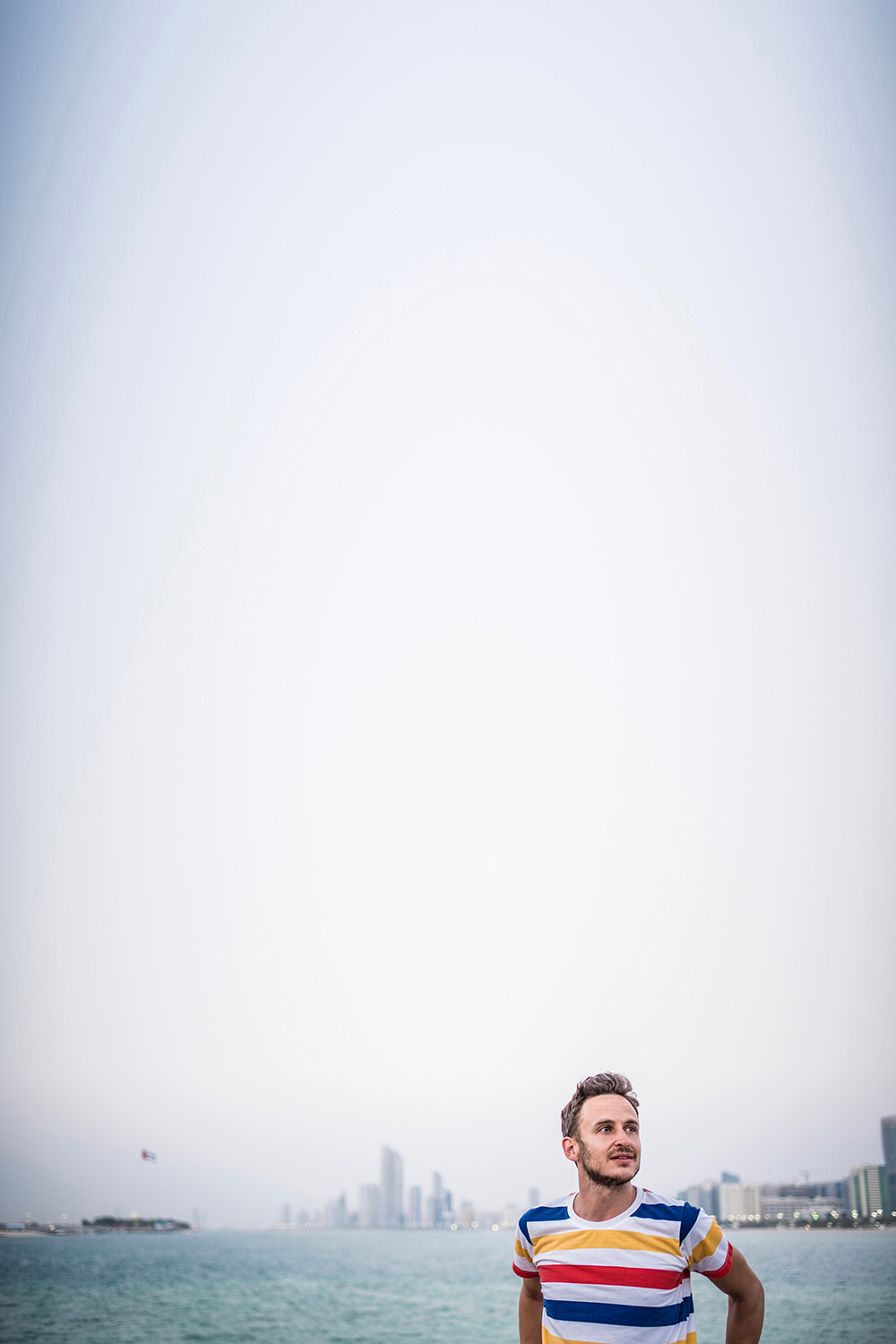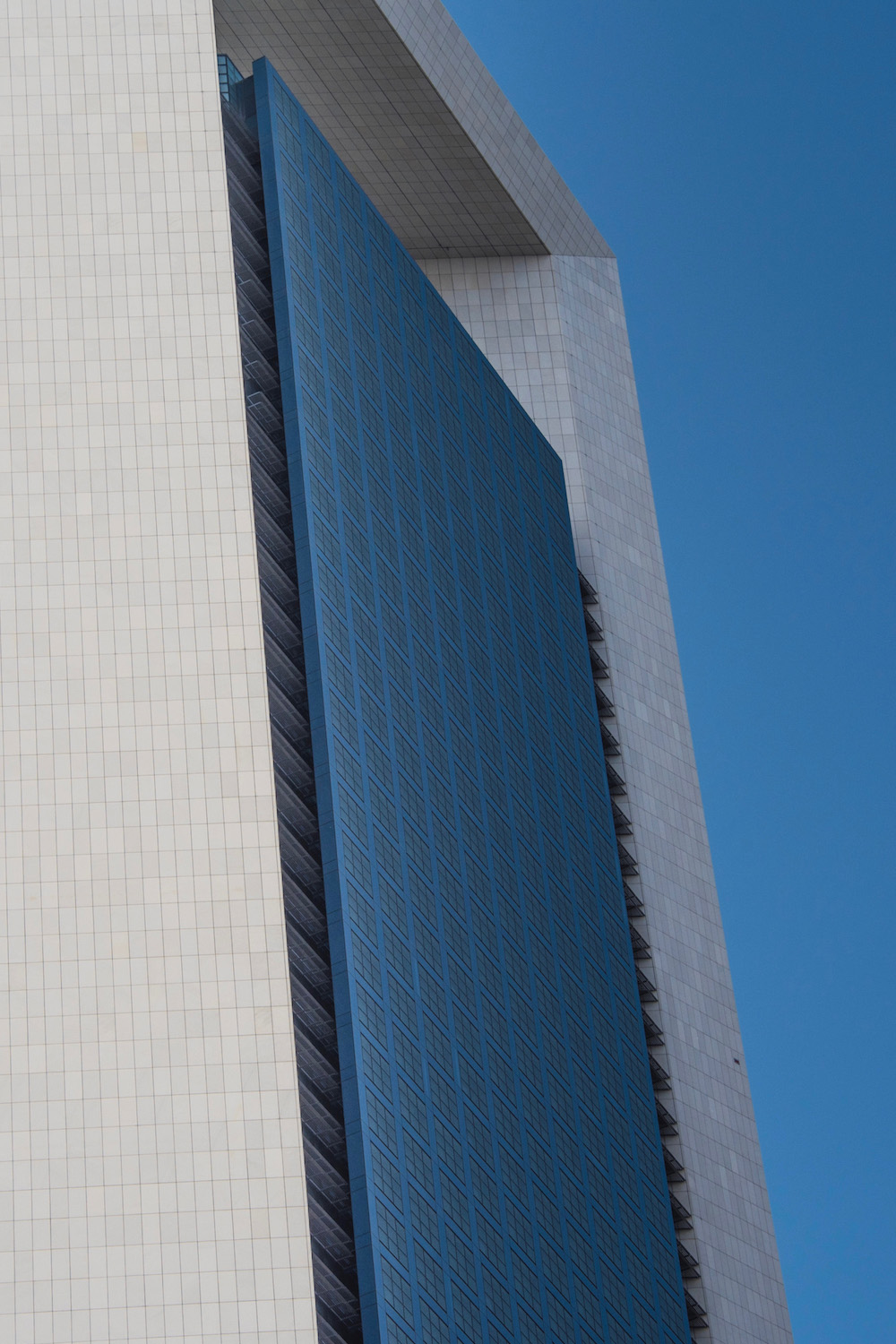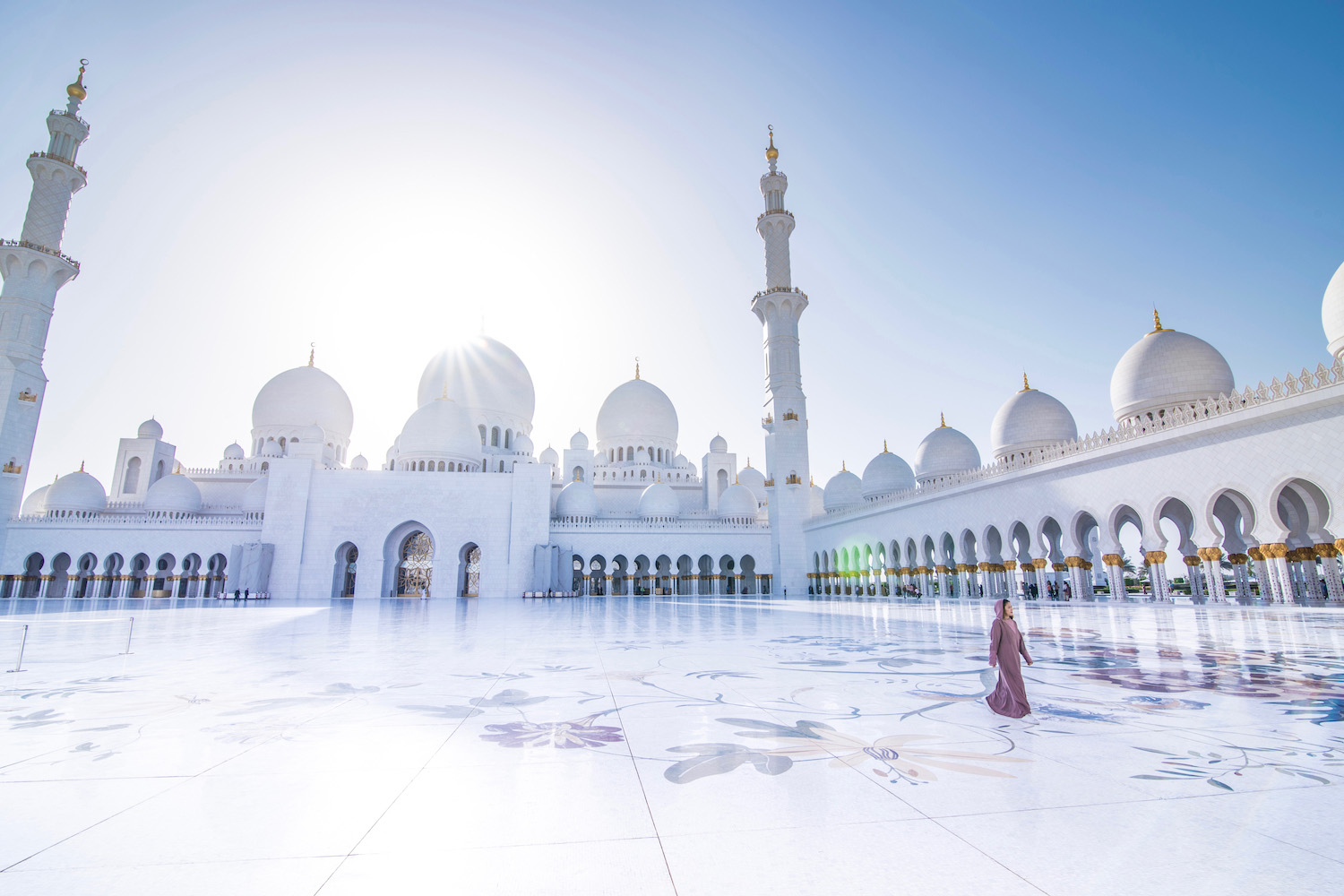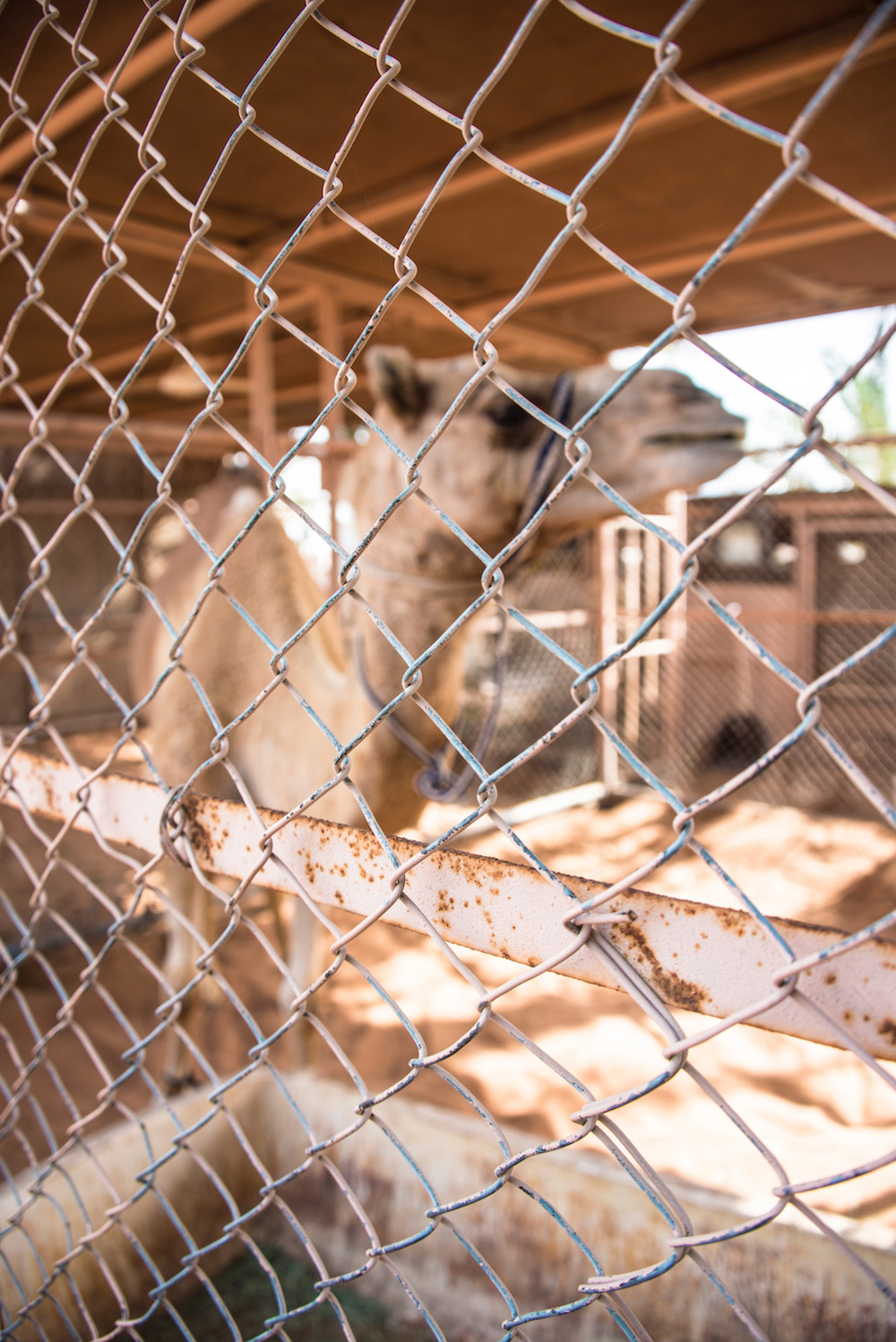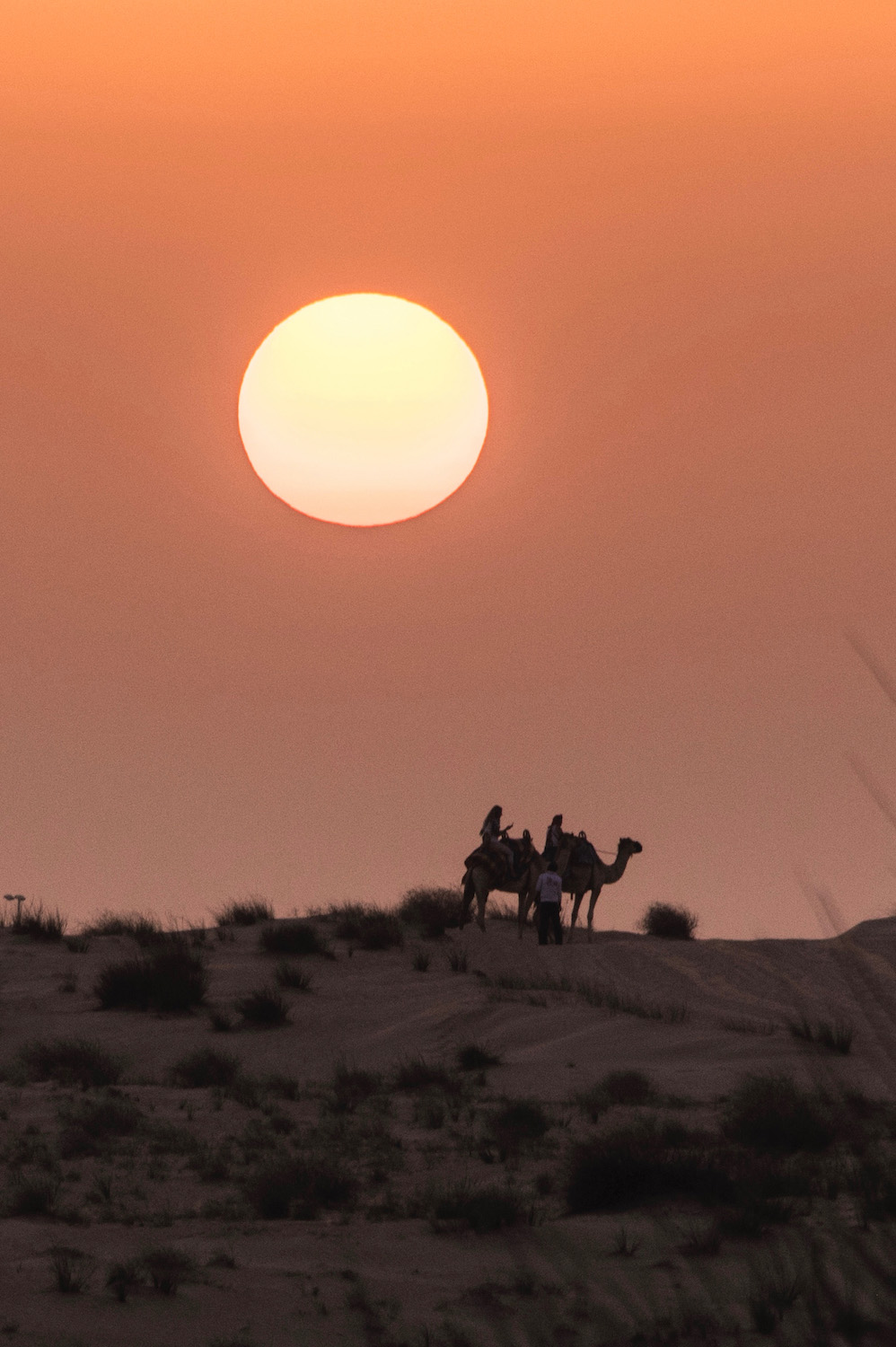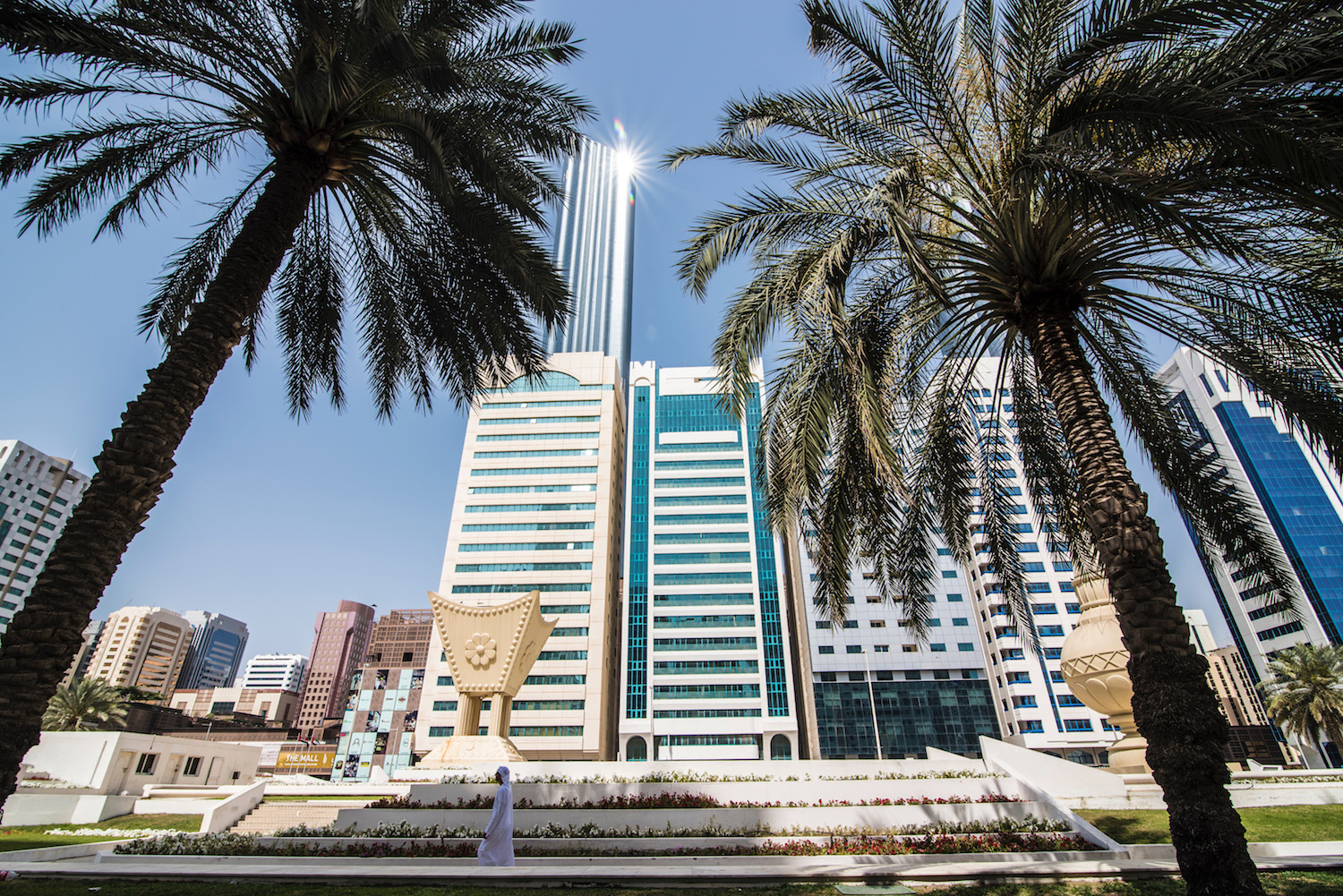The Mall (yes, it’s called that) in Abu Dhabi isn’t much to look at, as malls in the United Arab Emirates go, which is probably why my focus upon walking into it shifted so quickly to the lucite piano in its main corridor, and to the kandora-clad man playing it. I thought I recognized the melody for a moment, but quickly lost myself amid the rests and sustains and sixteenth notes.
It’s probably just as well, I thought, my soul trapped inside my body. There are some stories you can’t tell, not completely.
I’ll do my best with this one.
It starts on Saadiyat, one of the many islands that make up Abu Dhabi. An archipelago, the city geographically riffs off of Stockholm, while its most conspicuous cultural institutions (The Louvre, most notably, which is a couple years late in opening) are copied from Paris. But these things excepted, Saadiyat Island is nothing like Europe—Abu Dhabi is nothing like Europe.
“That’s not true,” I said without a smile, the chunky man who’d insisted I couldn’t take pictures at Saadiyat Beach mocking me as I walked past him and his putty-faced girlfriend.
I wasn’t photographing them anyway, although it would’ve been appropriate if I had been. The UAE is the second-most surveilled country I’ve ever visited (after Israel, somewhat ironically).
No, I didn’t humor the couple, but the beach humored me: The cranes that rose above it on one side cheapened its pristine waters and cloudless skies; the umbrellas matched the ghostly skin of the woman who frankly would’ve looked better covered.
Indeed, people in traditional Emirati attire—kandora for men and abaya for women—give the photos you take here a real sense of place. But attempting to peel a single layer off one of them, even if they don’t cover, is about as futile as trying to genuinely engage them about the treatment of South Asian laborers, women or gays.
It’s no wonder they default so quickly to religion—when you don’t want someone to know your truth, the easiest way to distract them is with the greatest falsehood in human history. Yes, perhaps the story begins inside the Sheikh Zayed Grand Mosque.
Or maybe in Masdar City, where driverless cars drive you to nowhere in order to illustrate that oil-guzzling cities in the hottest part of the world might one day be sustainable. It’s like when a person who sleeps with every man he meets friendzones you for argument’s sake; or a story that’s half-finished but still hasn’t decided where it starts.
“You don’t have to understand it,” I remember hearing many times during my week in the Emirates, from many people. “You just have to accept it.”
Or the sudden sickness that came over me as I walked onto Kite Beach in Dubai—it didn’t matter whether it was the dust in the air, or the difference in temperature between the sun and the shade and all the oil-guzzling cars and buildings, or the sangria the night before that caused it. I was in a mall with a thousand stores, an aquarium, an ice skating rink and a waterfall, mere steps from the base of the Burj Khalifa, and the only place I wanted to be was in the pharmacy. It was pathetic and in that moment, so was I.
I hearkened back to basic calculus, as the pseudoephedrine began taking effect, to rationalize away the lingering pain. But when poisoned words escaped my mouth hours later, him and me bathed in the light of the world’s tallest building, I found that fundamental paradoxes weren’t as helpful to my heart as they’d been to my throat: I’d never really touched him, not completely.
There are some stories you can’t tell, not completely, and ours is one of them.
In the end, I found myself in the desert on camelback, in silence and in solitude, the horizon pulling the sun away like the police here to do couples caught in the act on the beach. But with the roar of a jet engine (“Dubai’s new airport is just over there,” my Pakistani guide explained, as the Boeing made its final approach), both of my eyes sprung open—the kandora-clad man had just finished his song.
“What were you playing?” I asked him, thinking perhaps Debussy had been the soundtrack to my daydream.
He replied that it had been one of his own compositions, then closed the lid and walked out into the city.

